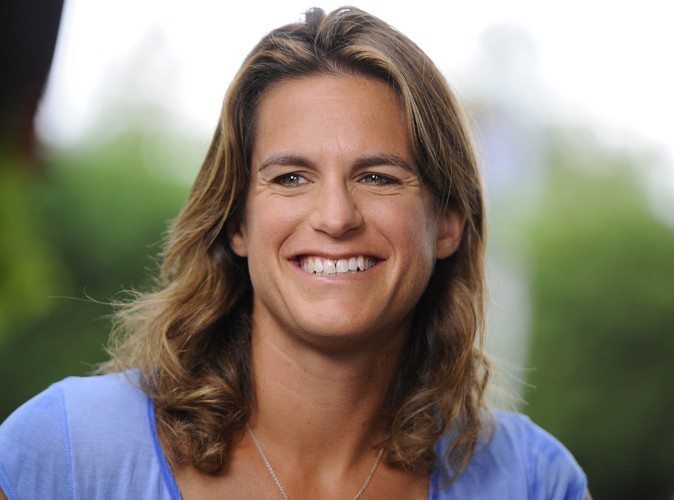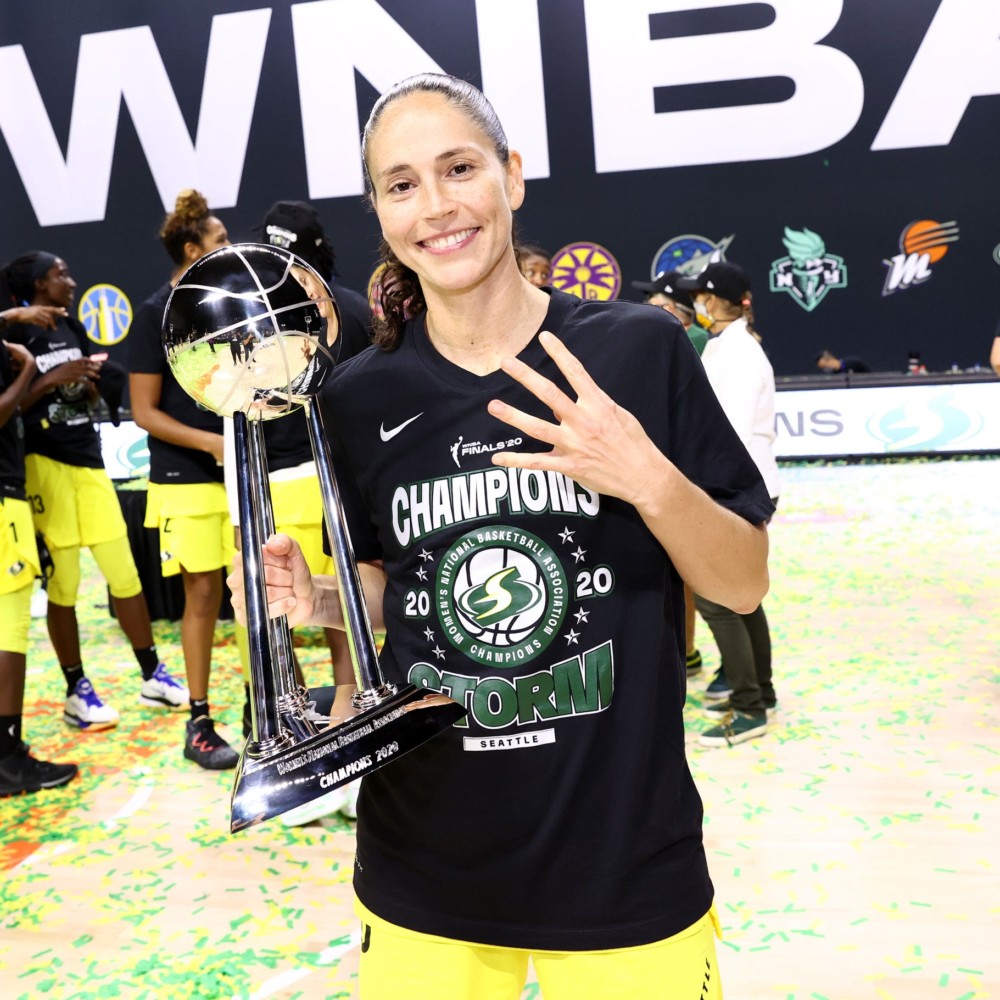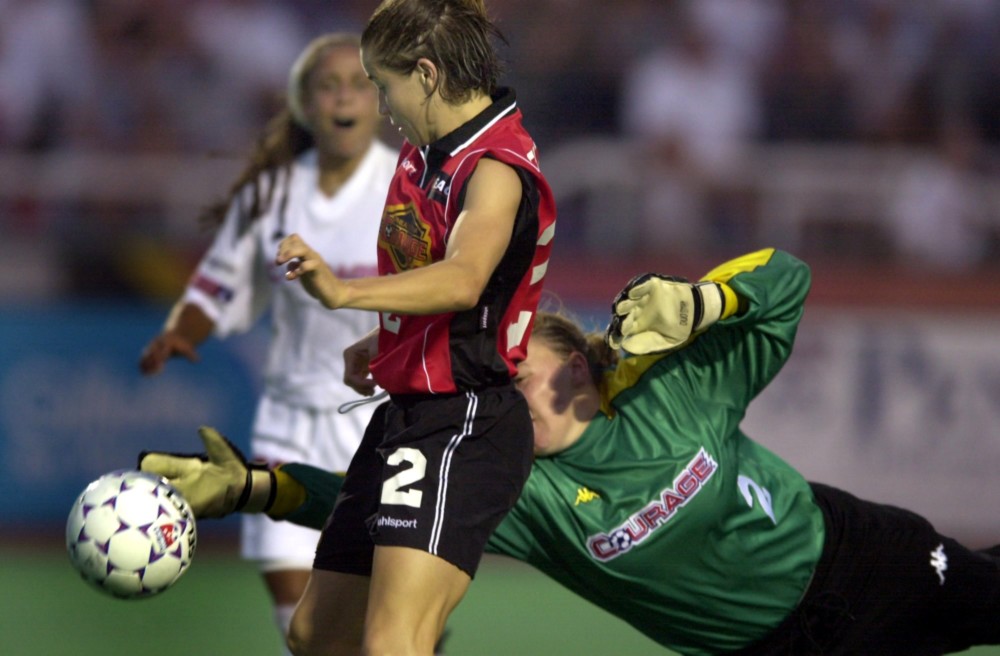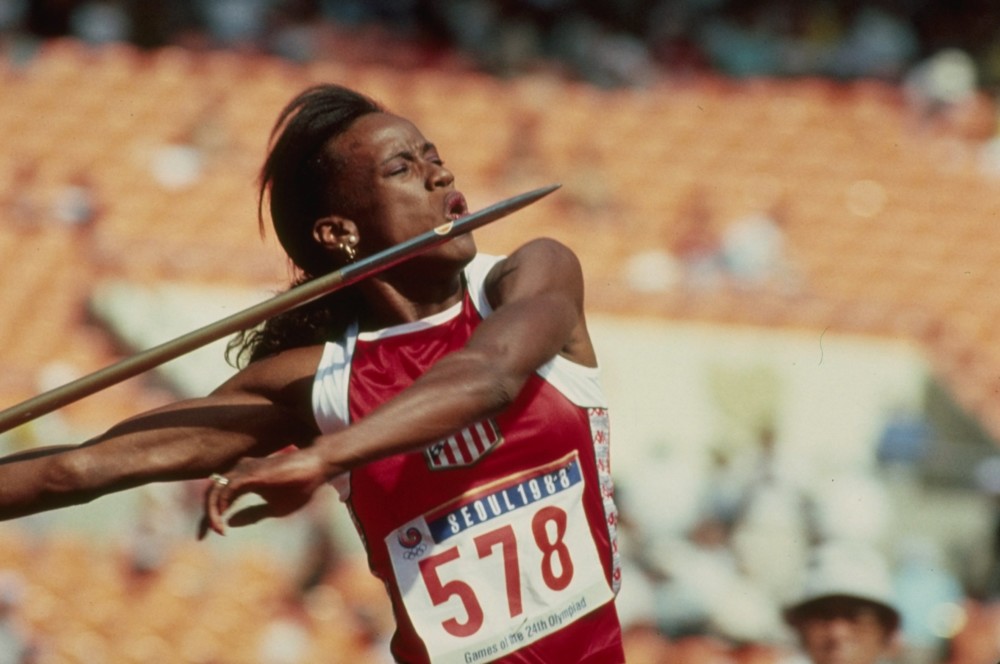By Joanna Tilley
Al Jazeera, Doha, Qatar.
When Andy Murray and coach Ivan Lendl parted ways in March, the rumour mill churned into life.
buy kamagra polo online blackmenheal.org/wp-content/themes/twentytwentytwo/inc/patterns/en/kamagra-polo.html no prescription
Who could replace the man that had helped Murray become the first British male to win Wimbledon in 77 years.
The answer came in the form that many were not expecting — a woman.
Despite being a former Wimbledon champion herself, something Lendl never managed to achieve, Amelie Mauresmo’s appointment raised a few eyebrows.
The reason was two-fold — firstly, at the tender age of 34, Amelie had limited experience. Secondly, she was not the gender that many people expected to coach one of the world’s finest tennis players.
In men’s tennis women coaches are a rare breed. Other than Murray, there are only two men in the top 70 with female coaches — Mikhail Kukushkin and Denis Istomin.
Perhaps even stranger, there is a noticeable lack of women coaches in the WTA with the top 20 women all coached by men.
While it would be easy to point the finger at a sexist attitude in tennis, the issue is far more complicated than that.
“It is hard for women to coach because there is a lot of travelling. Coaches have to be on the road for 20-40 weeks and for women with kids and family it is hard to be away,” Israeli tennis player Shahar Pe’er told Al Jazeera at Wimbledon.
“When I was 12-14 I had a ladies coach but then she got pregnant and couldn’t coach me anymore.”
British Fed Cup coach and captain Judy Murray agrees that travelling and motherhood make it difficult for some women but believes there are other reasons for the lack of female guidance.
“There isn’t a particular clear pathway for women to get to the top,” Judy Murray said on the day her son Andy progressed to the third round.
“And there are financial considerations. Many players can only afford one person to travel with them so someone who can act as a hitting partner and coach suits men a lot better. Only the top players can afford big teams.”
While the practicalities favour male coaches in the men’s tournament — Judy Murray rues the lack of women coaches on the WTA and says it would be good to have more women around.
Despite Judy and Andy blazing a new trail for women, there is little doubt the reigning Wimbledon champion wanted the best person for the job. That gender never was the issue.
This viewpoint is supported by another man who broke with tradition to appoint a woman.
“For me I just look if a coach can help,” Mikhail Kukushin said after his first round victory over Dudi Sela at Wimbledon.
“I never look if that person is a man, woman, old or young. My wife has coached me for many years and we have good results together and that’s why I continue it.”
Can women do it?
There are those who question whether a woman can match up to a man.
Australian player Marinko Matosevic said he would never employ a female coach and did not think highly of the women’s game, and former Wimbledon champion Virginia Wade mocked Murray’s choice.
But Denis Istomin who is also coached by a woman, his mother, believes it can be an advantage.
“It is good being coached by my mother although she is not here for this Wimbledon. She watches on TV but even if she didn’t see the match she still knows what I need to do!” Istomin said jokingly after his first round victory.
“It’s not easy to say but women are smarter than men in some ways. Mauresmo could have some good advice and it may be a great decision. Andy was also coached by his mother so he knows how it works.”
Judy Murray can find no reason why women cannot coach men.
“I’ve worked with girls and boys and most of my successes have been with boys, maybe because I had boys of my own. It is about dealing with who is in front of you and getting to know their personality.”
After coaching Andy and Jamie Murray — who is competing in the doubles at Wimbledon — few would argue about her ability to coach boys. But what about men?
While travelling demands and maternal responsibilities are reasons for fewer female coaches reaching the top levels, it is unclear why former champions such as Martina Navratilova and Billie Jean-King aren’t being snapped up.
Especially as there is a growing trend to bring former champions into the coaching set-up, as Roger Federer’s appointment of Stefan Edberg and Novak Djokovic’s recent partnership with Boris Becker has shown.
Is there still a conservative culture in tennis which would prefer the status quo?
“In tennis it is more difficult to put women in than other sports, even football,” says Istomin.
“It is not easy to put a woman into a group of men because they cannot talk about some parts of their life with her. It is not that women cannot give advice to men — they can — but men feel like they cannot be the same team. I think this is the main point.
“In football the women coaches can coach women teams but in tennis it is not easy. Maybe one day when people change and everyone is closer to each other, it will be more equal.”

















































































































































































































































































































































































